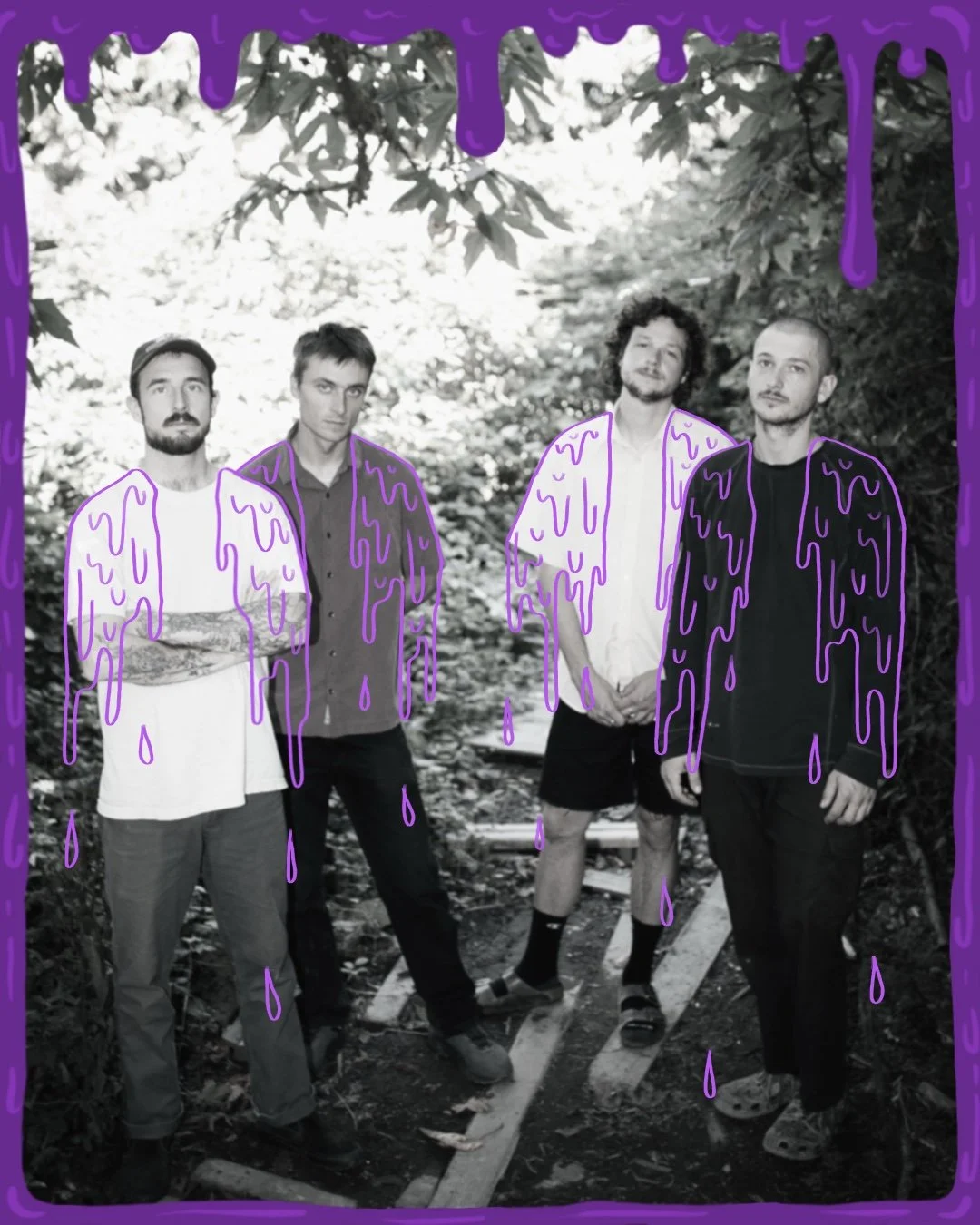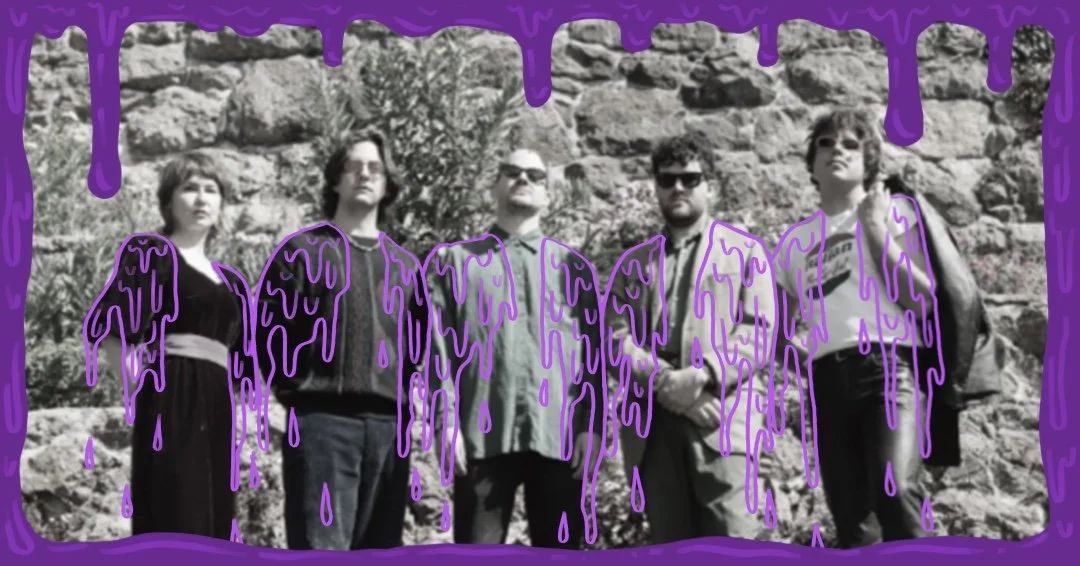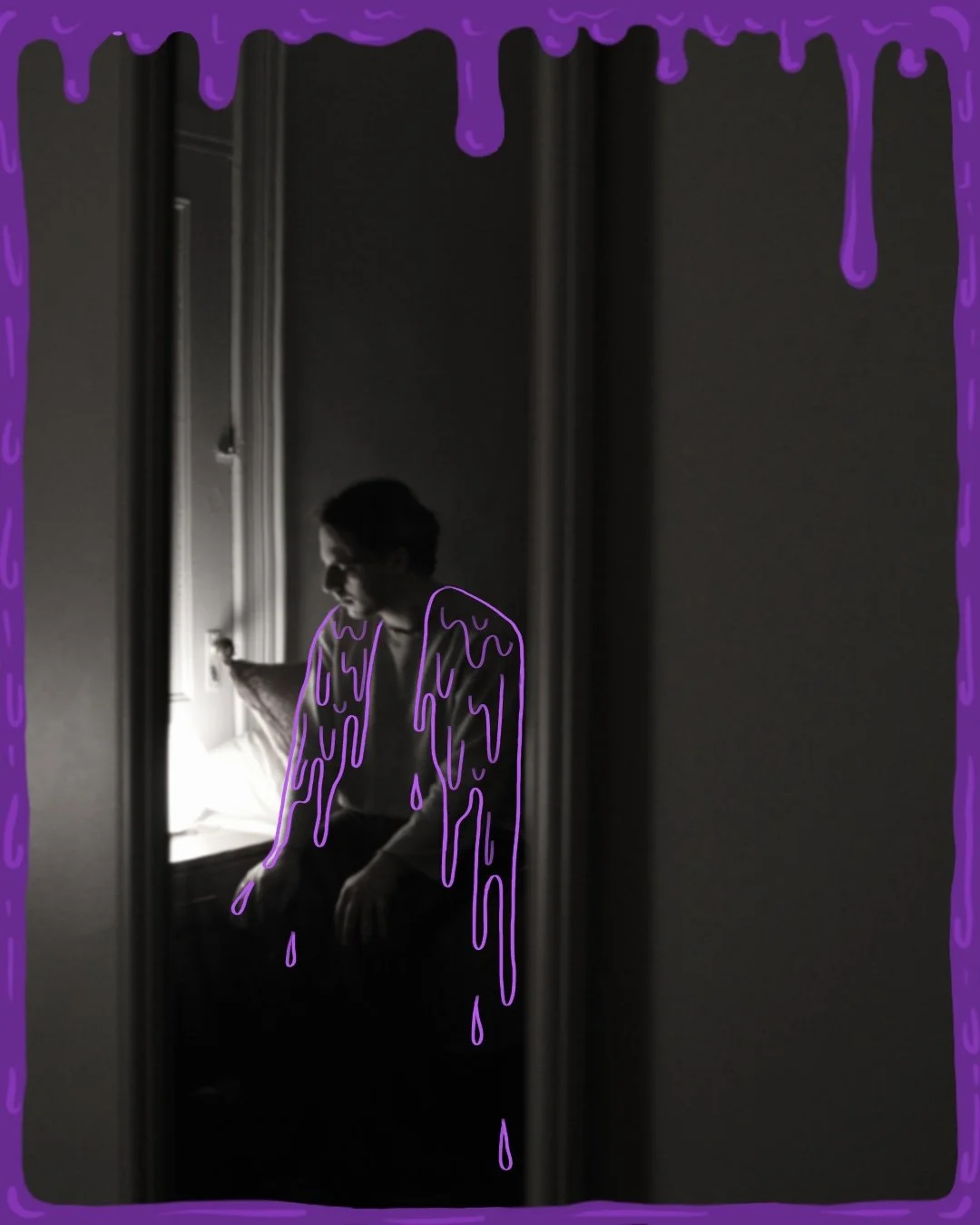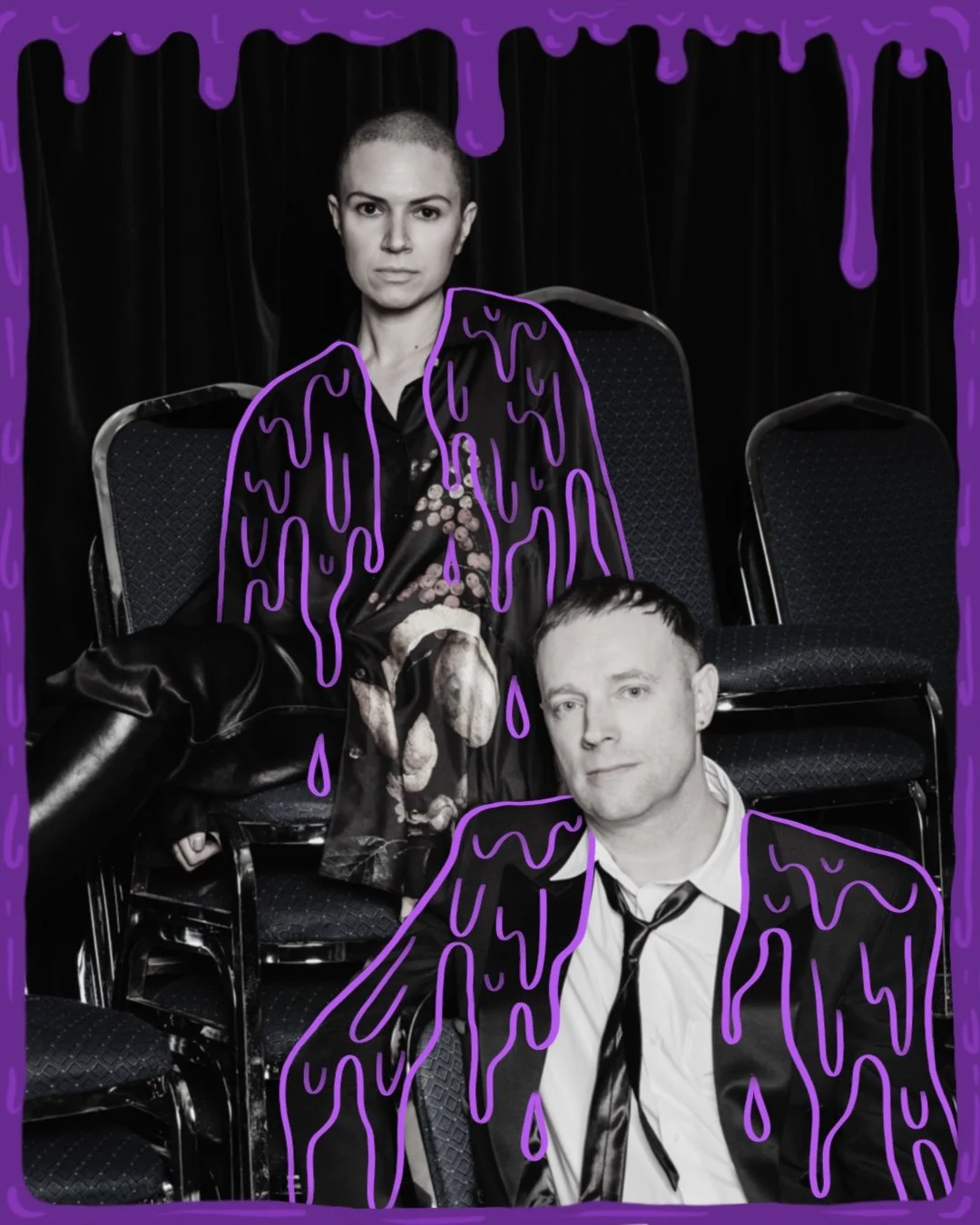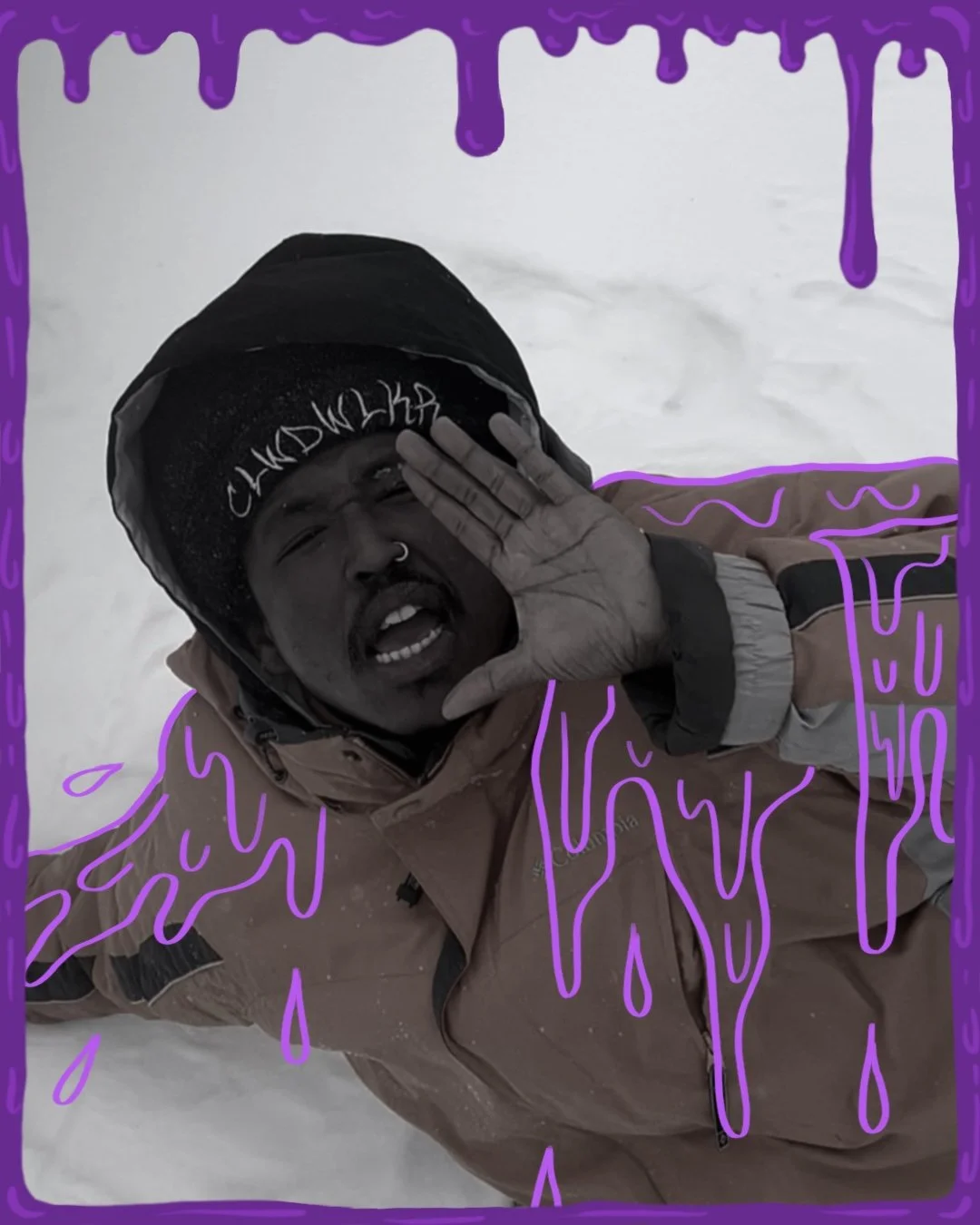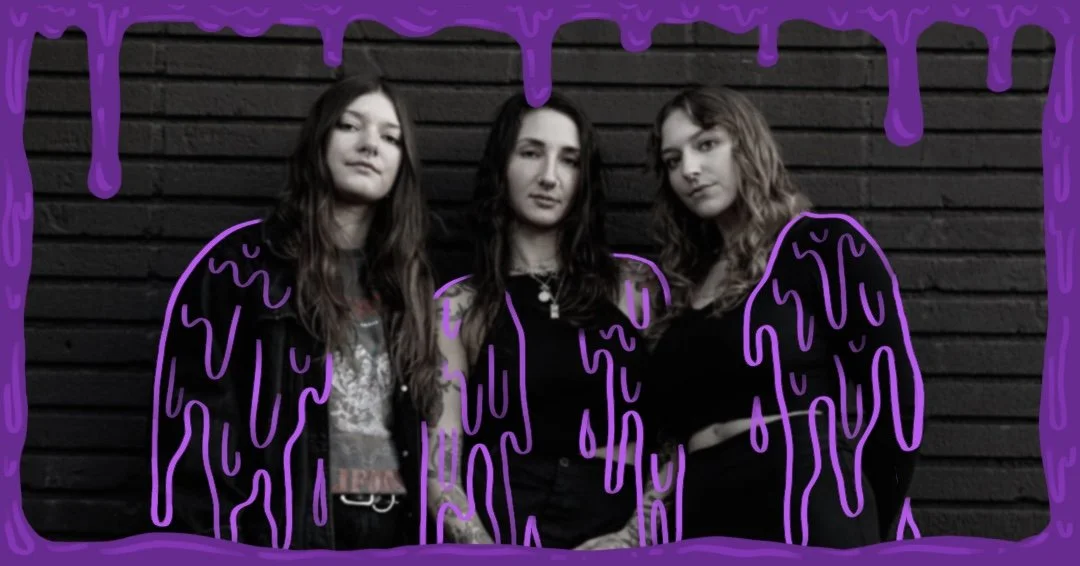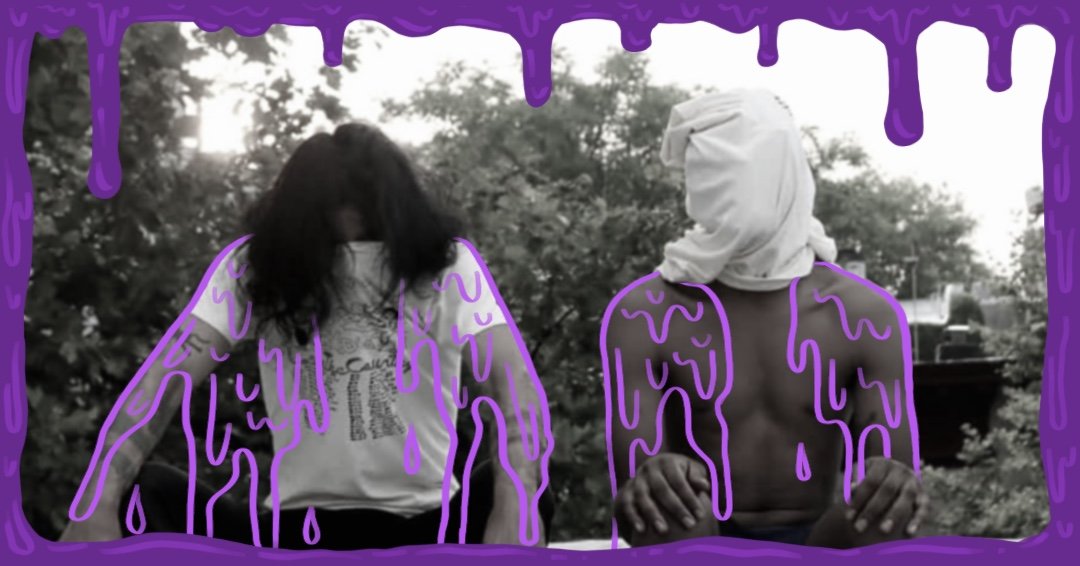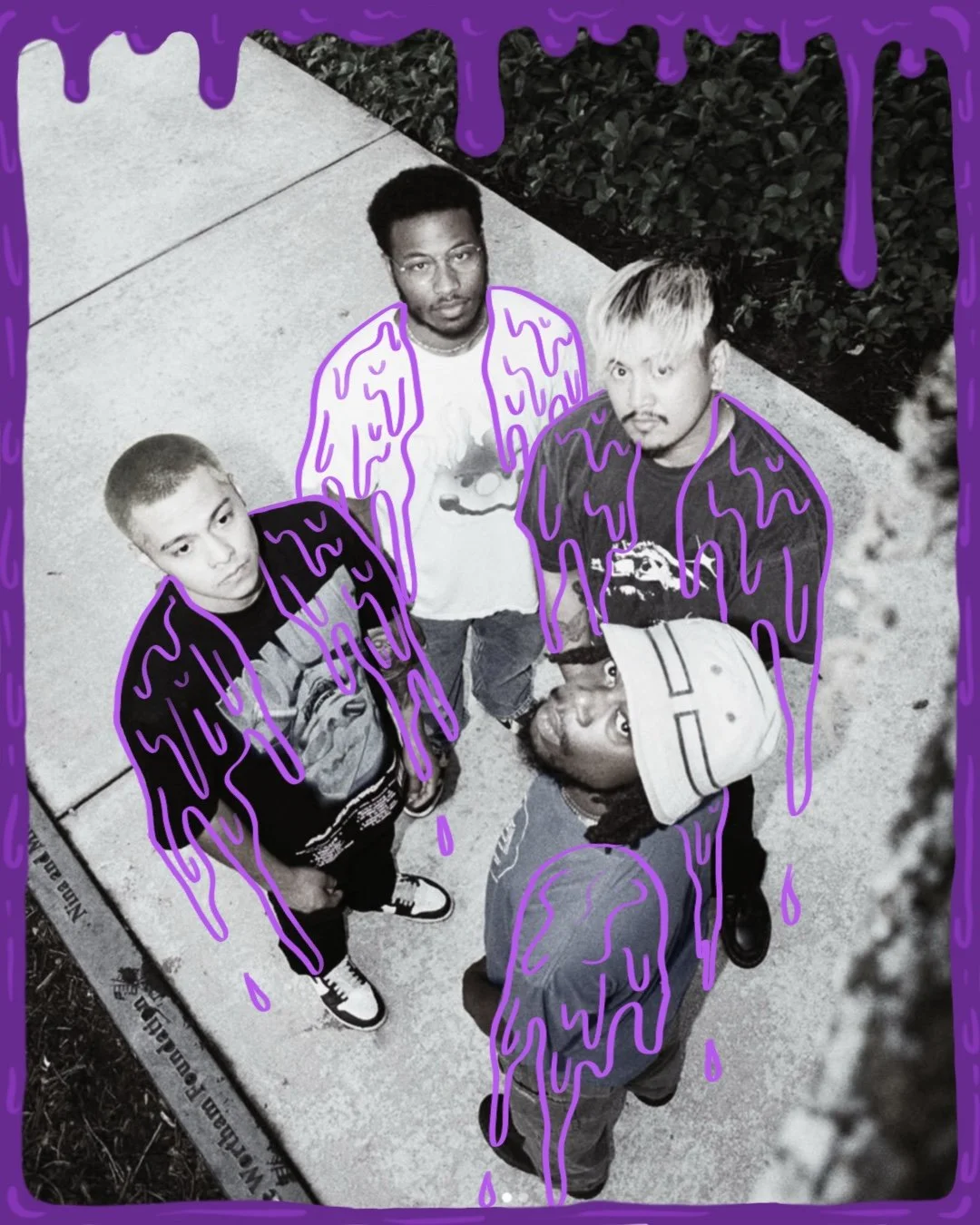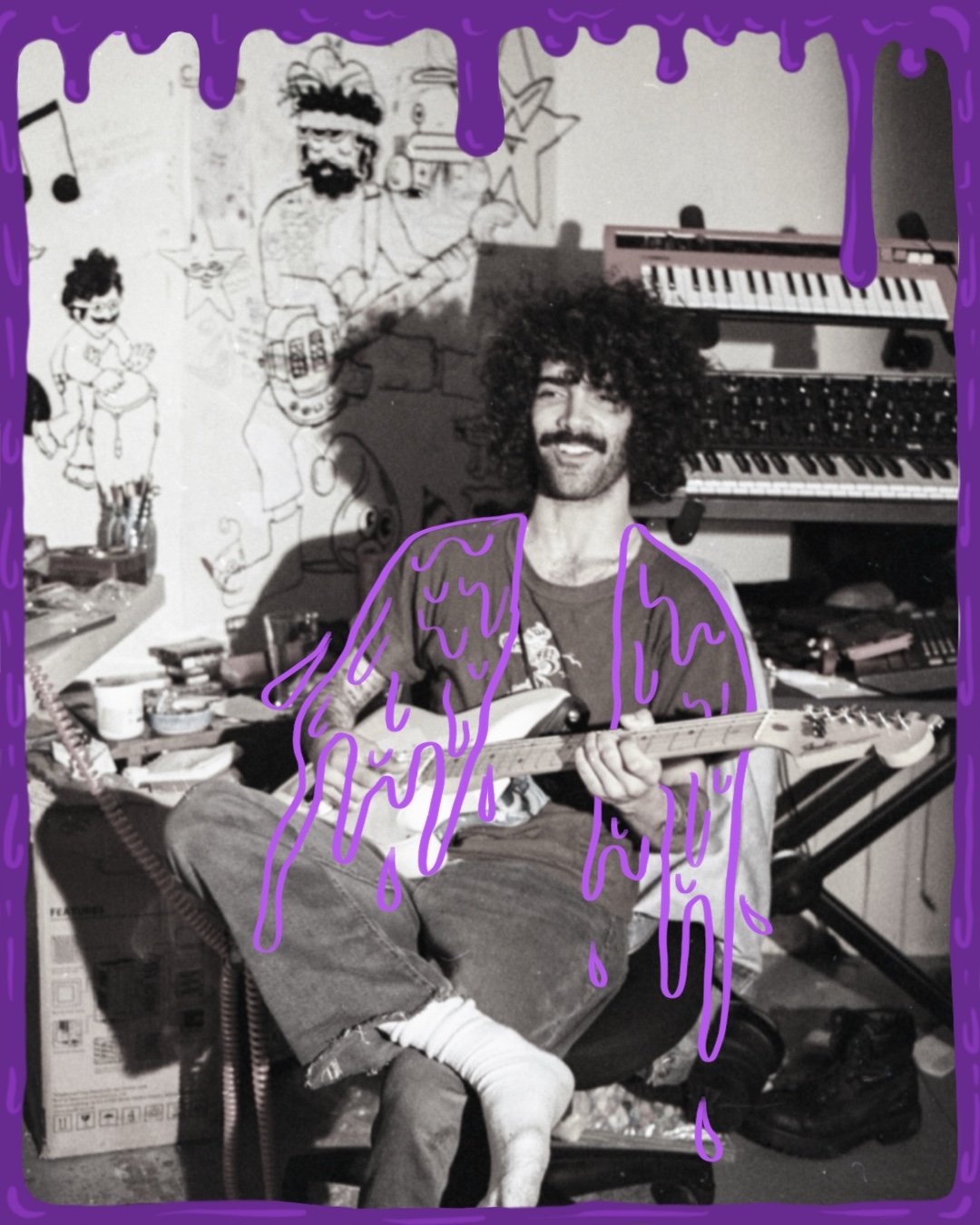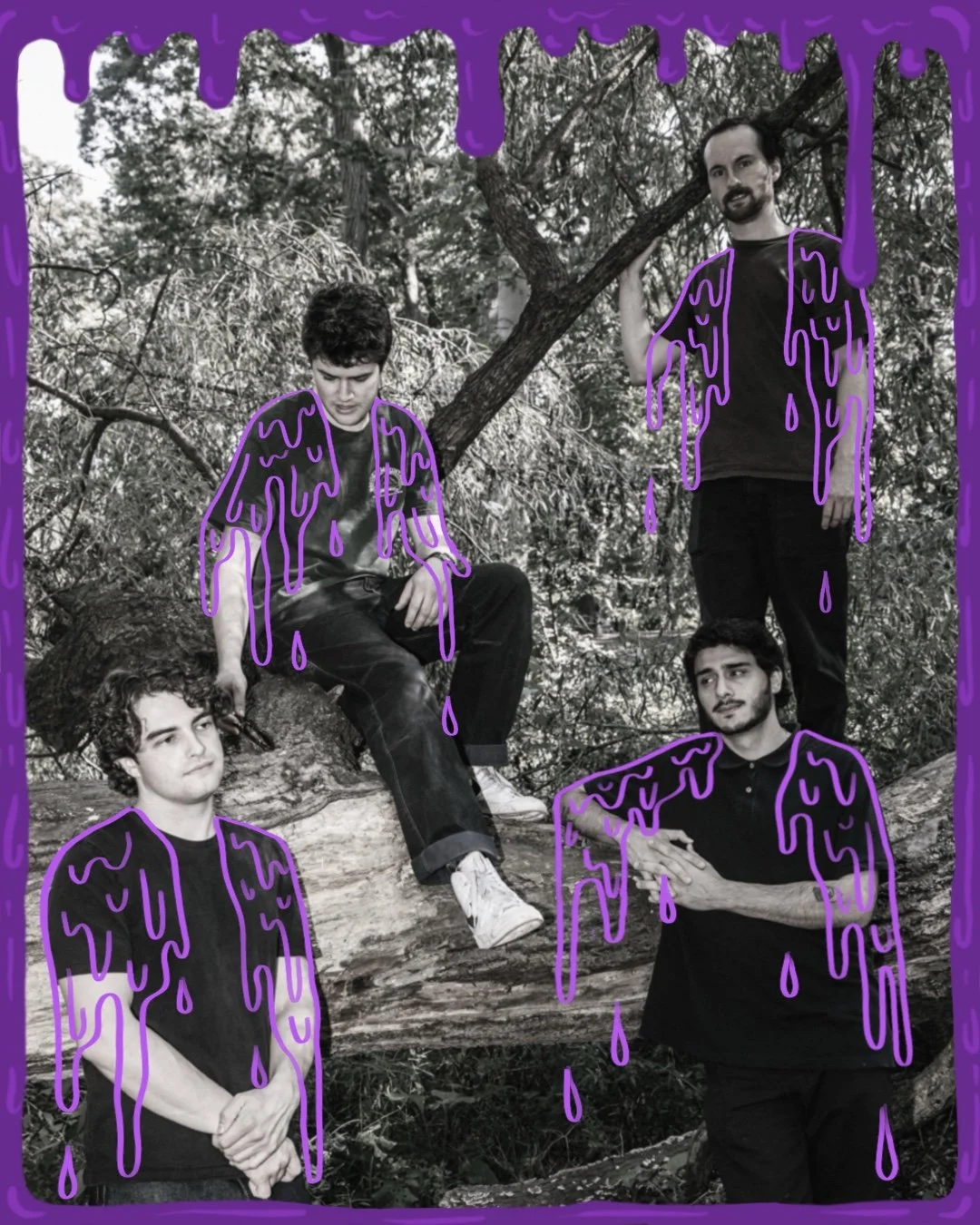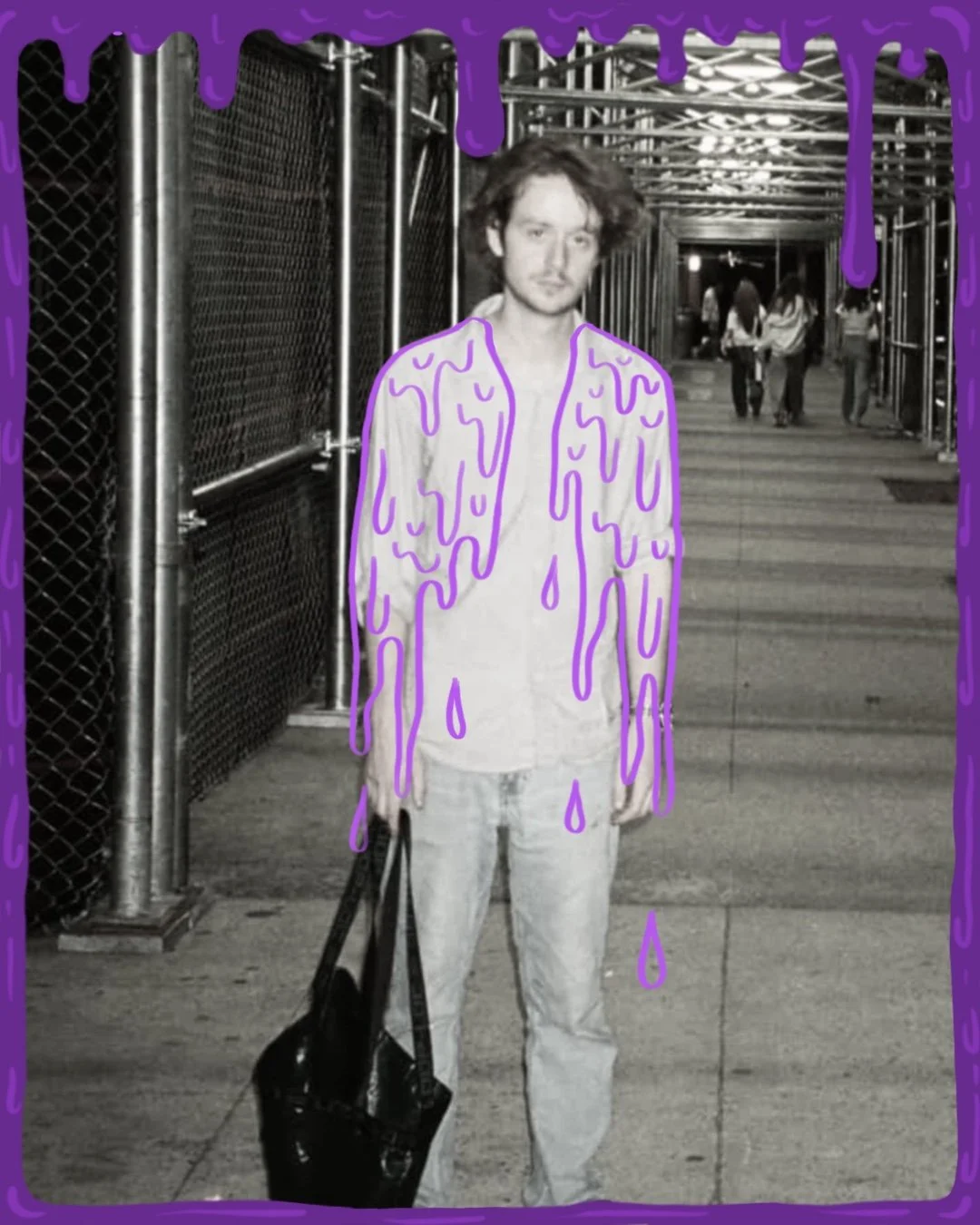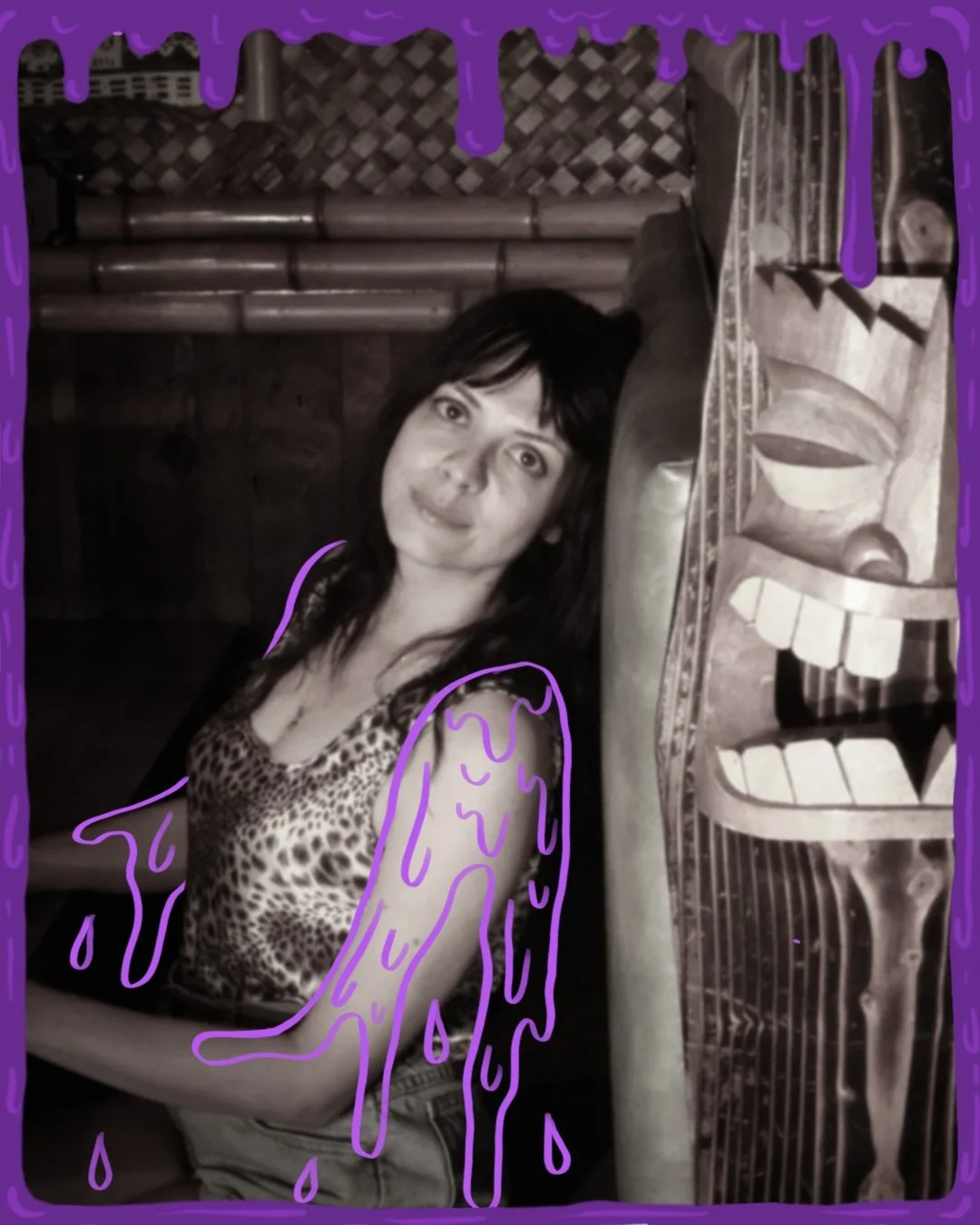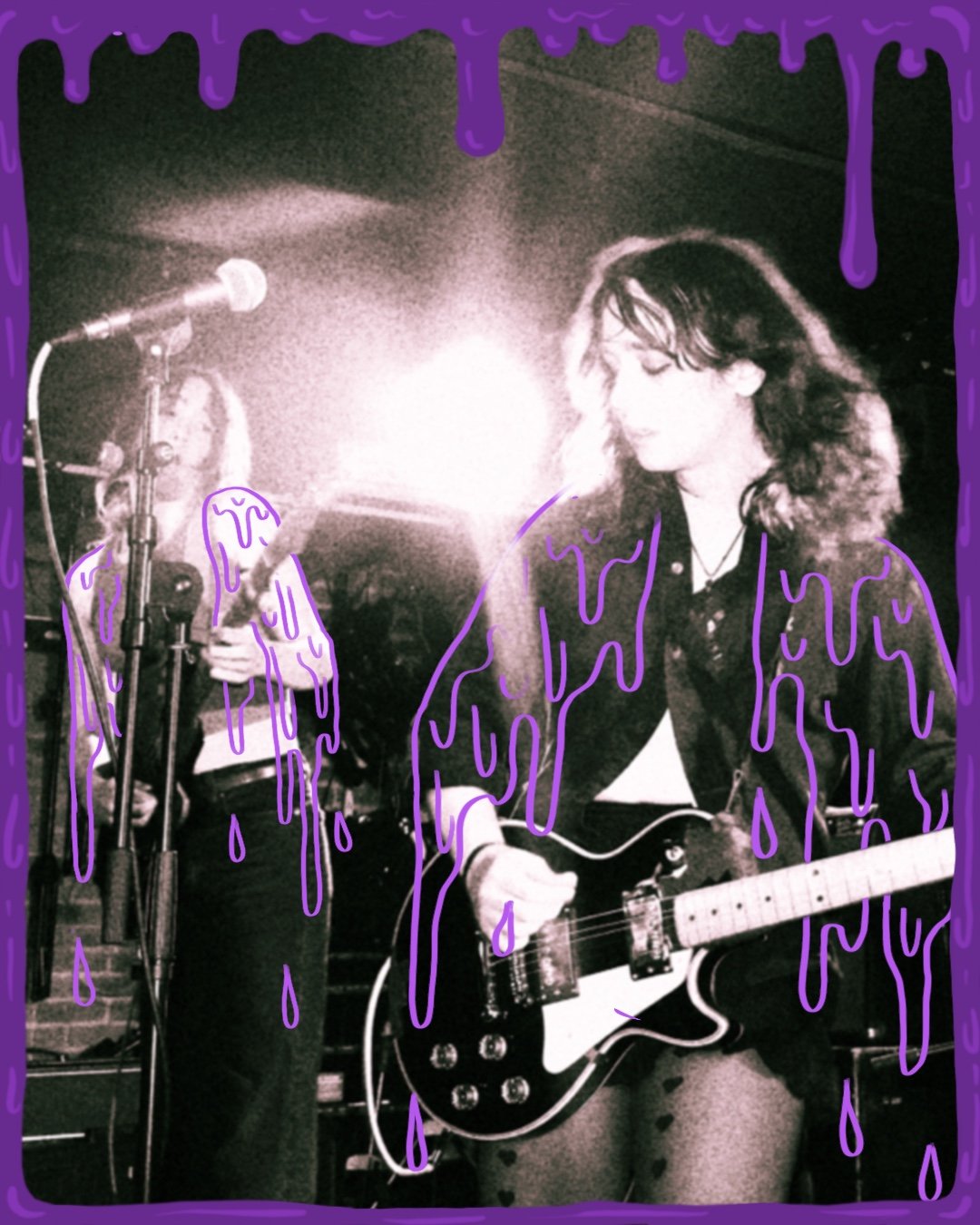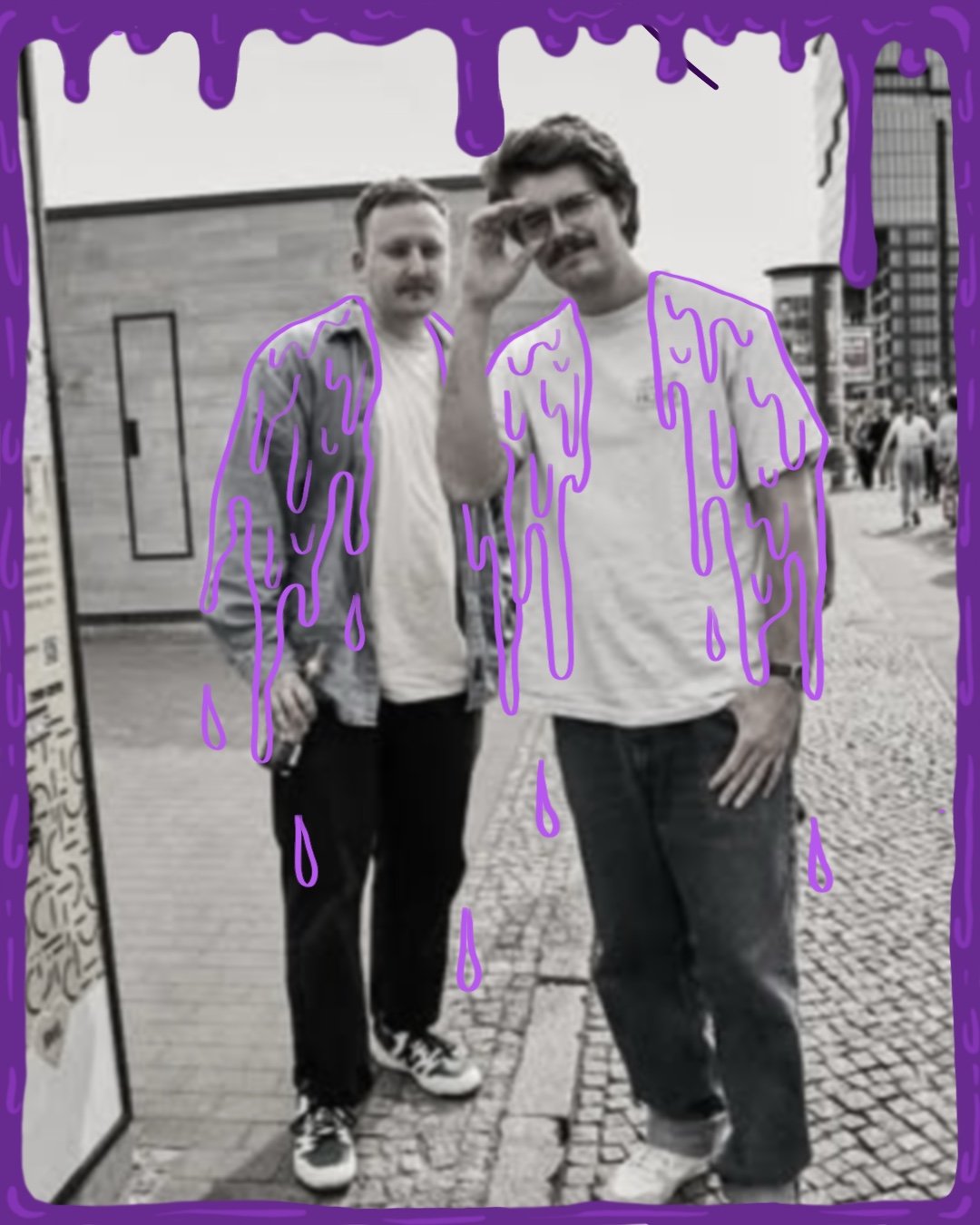Artist Profile: Nuclear Monkey
Nuclear Monkey, the indie band masterminded by Richmond-based songwriter Nate Neuwirth, has now oscillated between the intimate settings of home studios and the explosive, improvisational settings of live shows for almost four years and, somewhere in between, has found a distinctly unique medium: one that takes jazz-riddled tastes and sensibilities and injects them into the very veins of their stripped-back, indie sound.
Growing up, Neuwirth was surrounded by the classic rock tastes of his father, and, moreover, he was immersed in instruments and learning music from an early age as well. His first obsession with any artist came in the form of a serious penchant for Led Zeppelin, and, although he admits that it is now a somewhat expected phase for a middle schooler, he had a number of pretensions surrounding classic rock as he first came into his own musically.
Yet, as he grew older, and separated somewhat from his father’s tastes, he found the reverb-soaked, lo-fi sound of artists like Mac Demarco and Mild High Club to contain much of the same softness, the same flavor, that he had grown to love in classic rock.
Therefore, when Nuclear Monkey morphed from a sort of comedy duo including him and his friend, David, into a real musical group, Neuwirth imprinted this budding sonic interest into the fiber of the album, taking creative control and, for the first time, really getting the chance to experiment with the capabilities of his own improvisational production style.
“When I heard Mild High Club, I just wanted to be him; I just wanted to shamelessly just make Mild High Club music. Their first album Timeline was the perfect album to me… so Nuclear Monkey's first album, What Wild Ecstasy!, was like that.”
What Wild Ecstasy!, in addition to presenting a neat set of endearing lo-fi tracks, also gave Neuwirth incentive to dive deeper into music. He soon went to the University of Miami to study jazz at the Frost School of Music, and, as he did so, he began consuming and digesting jazz music at a rapid pace.
Once there, his roommate, now Nuclear Monkey’s drummer Tyler Pons, expressed an interest in the music that Neuwirth had released. When Pons suggested that they find a way to play it live, Neuwirth had serious doubts. With the layers and the complexities that he had been able to incorporate in his bedroom, he had never expected Nuclear Monkey to exceed the bounds of the studio.
On the track “I Don’t Mind”, Neuwirth had recorded four separate percussion instruments in his bedroom to form the backing groove. When Pons sat down and played them all at once on a singular drum kit, Neuwirth was sold; the music would be played live.
The pair recruited a host of other students from their class, and Nuclear Monkey, in its second iteration, was born. With a live arrangement and the combined sensibilities of a number of jazz musicians, moreover, the tracks from What Wild Ecstasy! took on new life through the improvisational stretching and extending that is usually confined just to jazz music.
“I think that there's kind of a niche to be filled in indie music of treating these songs the way that jazz musicians treat standards: stretching out a song in a completely improvisational way… and just trying a bunch of random different stuff on the fly. People really like watching that live, but I think it is a thing that people didn't know that they would enjoy.”
With a full band, Neuwirth was allowed a wide range for his experimentations with this genre-collision, and, the group’s second album, Hello Again, contains undeniable evidence that this approach to indie music, in many ways, bears intriguing and novel fruit.
From the improvisational aspects of songs like “You Make Me Groove” to the city-pop motifs of songs like “In the Garden District”, Hello Again takes on a distinctly different mantle than Neuwirth's first project, toying with the expanded landscape that a jazz-like approach to composition and performance presents.
However, the one thing that Neuwirth laments about that project was the lack of patience he was able to achieve in the process of its creation. Working in a studio, and lacking the immediacy of the bedroom setting, was a serious adjustment for him, and, in hindsight, he wishes that he had allowed the album to fully take its time to settle and rest in its new sound.
Therefore, when he began working on Racing, the group’s third album, he knew that he needed to return to his roots. Over a period of several months, he would lock himself alone in his room, allowing the immediacy he once treasured in the making of his first album to become his creative norm yet again. The result was a project that, while preserving much of the rawness that came with What Wild Ecstasy!, also interweaved some of the polishing and the improvisation that was inherent to Hello Again.
“My flow state is, I would just lock my door and spend the whole day recording a song from the bottom up, and I wouldn't leave my room for like nine hours. That's just my space. Everyone has a thing they can just do forever; I can just record forever. I'd forget to eat or go to the bathroom. I just don't stop; I just can't. So it was really fun.”
Now, as Neuwirth and Pons approach the end of their time in music school, they are planning a transplantation of Nuclear Monkey to LA, where they will continue their popular live performances, attempting to represent and reimagine their existing catalog in new ways.
While Neuwirth says that it will be awhile before another Nuclear Monkey album is released, Racing, along with the rest of their existing catalog, present a relatively complete view of the array of sounds and the depth of the sonic imagination of its creator, and this arcing journey will only continue to take form from here.


